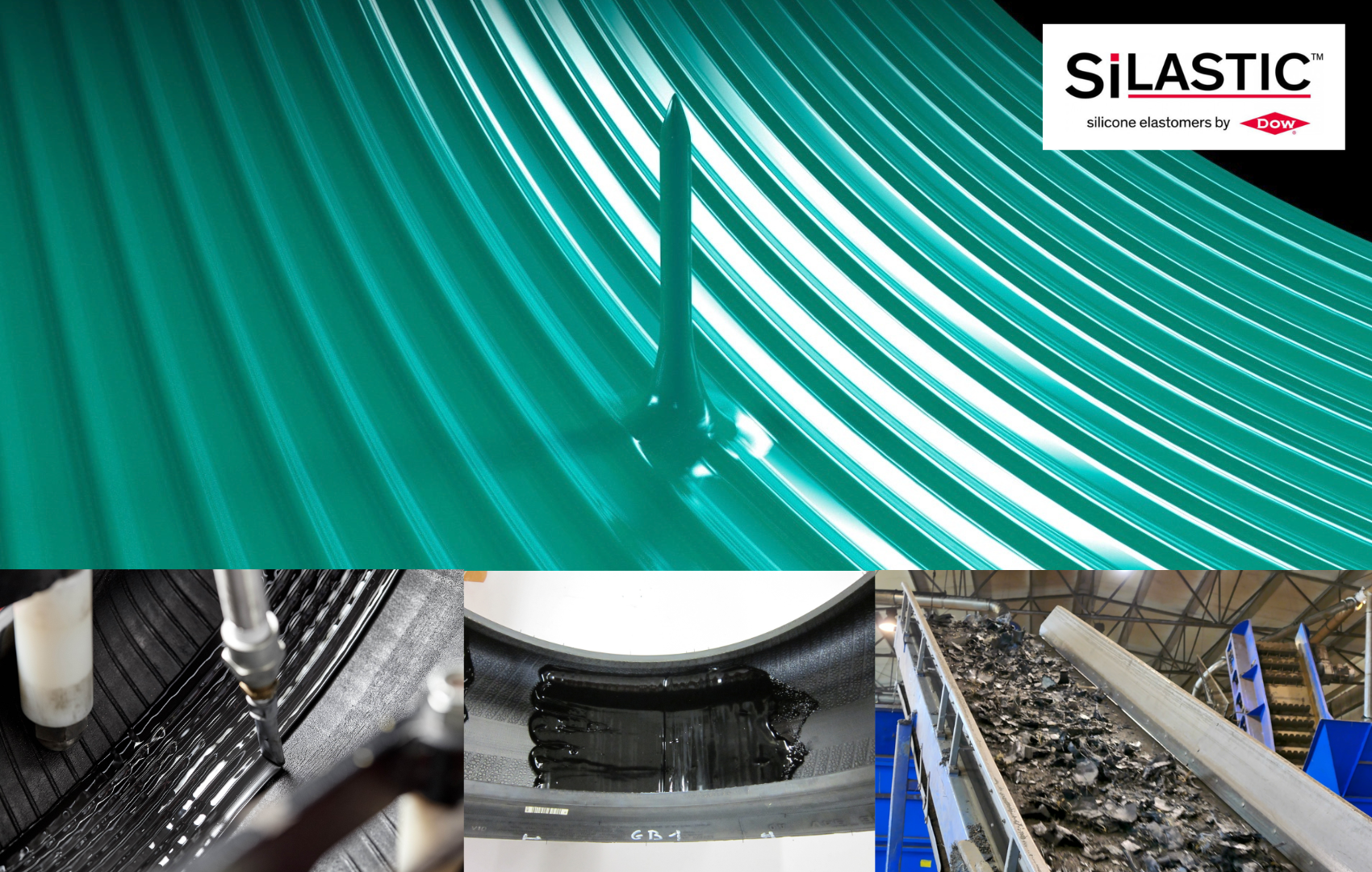Arrived in Thailand! Dow promotes innovation for smart car tires that can puncture themselves by ever patched a tire.
Innovative silicone coating on car tires that can seal leaks on its own. (Self-sealing Silicone) is a new trend in the tire industry right now. A feature that can automatically plug tire punctures during driving can help to reduce the risk of losing control of the vehicle when a puncture occurs, or a sharp object punctures the tire as well as increase the durability of car tires.
Helping drivers save time and money on vehicle repairs. Both the tire and silicone coating are lightweight and recyclable. It can separate the silicone inside the tire from the car tire. Therefore, it is more environmentally friendly compared to car tires where the coating cannot be separated from the tire after its lifespan. It also saves energy and reduces carbon emissions in the manufacturing process because the rubber coating can be applied at room temperature. and reduce time in the production process as well.
“From the road conditions in Thailand, car tires can stop punctures by themselves. You can continue driving without having to run to a tire repair shop when you get punctured by a sharp object. It will greatly increase safety and convenience for car users. To meet the needs of drivers, Dow has introduced innovations to support tire manufacturers in Thailand to stay competitive with cutting-edge materials science technology. This solution has been officially launched in the United States, where Dow has collaborated with Bridgestone to apply the SiLASTIC™ SST-2650 Self-sealing Silicone innovation to the new B-SEALS rubber, which is a premium rubber. Premium that has been well received by consumers.
Source : Dow Family Thailand

